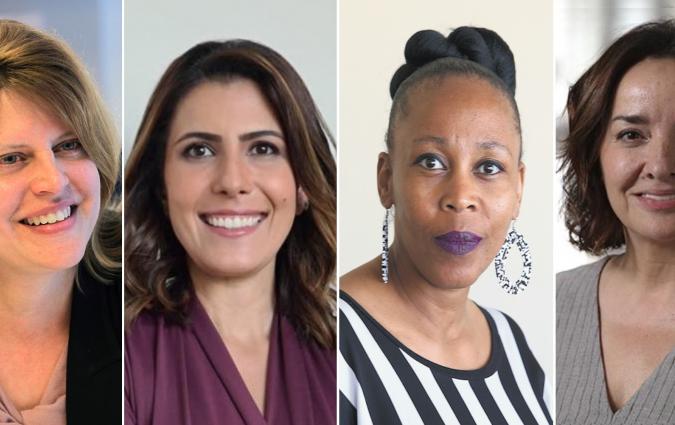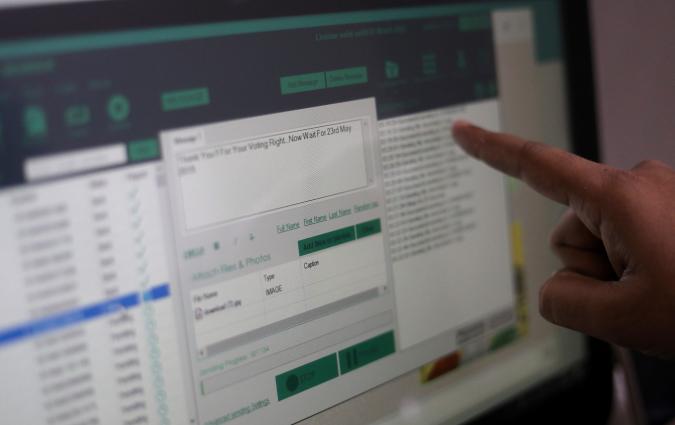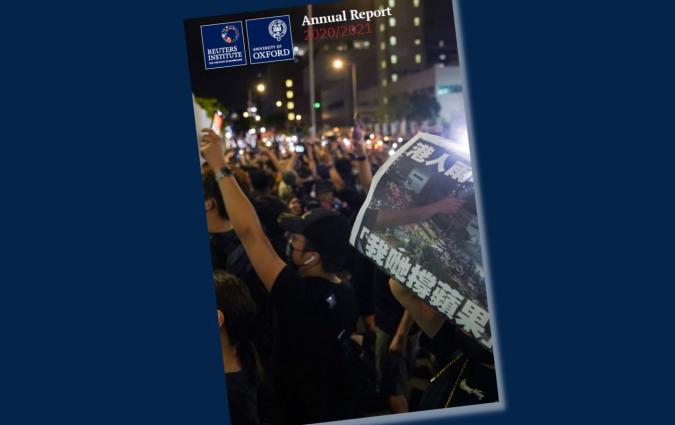Covering Fragile Days: The Role of the Media in Post-Authoritarian Regimes

Reuters Institute Fellow's Paper
Thiri Zaw, a Journalist Fellow at the Institute in 2012/3, is the editor of one of Myanmar’s most influential newspapers, The Voice Weekly, and Living Color Magazine. In her paper, Covering Fragile Days: The Role of the Media in Post-Authoritarian Regimes: A Case Study of Myanmar, she analyses the role that the media played in the transition to a more open society in her country.
Thiri based her study on in-depth interviews with around 30 journalists, academics and politicians. She argues that unlike many Arab countries, new and social media did not play a central role in the transition, which was more of a top-down, managed change controlled by the country’s military forces. She finds that although Myanmar is clearly a country aiming towards democracy, the approaches of the government and media differ. Whereas the government is trying to hand over freedom gradually to the media industry like well-organized troops retreating from the battle field, the media wish to enjoy genuine free press without government intervention.
Thiri also concludes that now that press censorship has been abolished, the independent media will play a vital role in developing a functioning democracy. However, the media themselves need to develop their human capacity, and to practice taking responsibility and being accountable. She wants to see a press council that is an independent media regulatory body, essential for the press industry. If the press council’s media ombudsman’s work is unsuccessful and unacceptable, she predicts, the number of lawsuits, such as suing for defamation, will increase.
The results of her study indicate that information will flow faster than before due to the publication of private daily newspapers and an increasing use of mobile phones. Since the government is planning up to 75-80 percent mobile phone penetration by 2015-2016, the role of the new media will also become more important. Thus, the way people consume news will change in future. She concludes that ‘to operate in a faster, digital media world, journalists also need to educate themselves. The local print media should examine the business models of other developing countries to see how they combine print and multimedia skills to survive in the media industry.
As with all Fellows’ research papers, any opinions expressed are those of the author and not of the Institute.
Image: John Einar Sandvand






